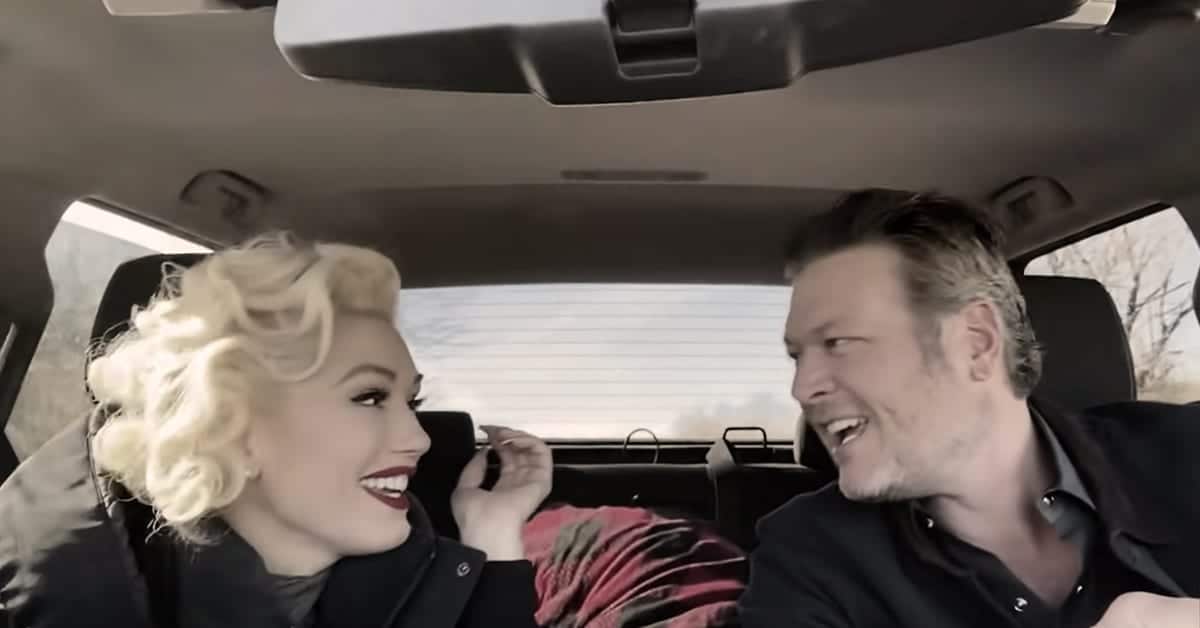Everyone who has experienced heartbreak knows what comes next: the loneliness filled with pockets of time that you don’t know how to spend — and Lew DeWitt of The Statler Brothers knows that all too well. He wrote the song, “Flowers on the Wall” to detail the minute by minute of navigating that phase of solitude.
The group released it in June 1965 for the same-titled album under Columbia, but it wasn’t until January 1966 that it peaked in popularity. It hit number two on Billboard Hot Country Singles and spent four weeks on that spot. It even made it to number four on the Billboard Hot 100. Its success didn’t stop at the charts, earning it a Grammy Award for Best Contemporary (R&R) Performance – Group (Vocal or Instrumental). Decades later, Rolling Stone acknowledged it as a classic, putting it at number 116 on its 200 Greatest Country Songs of All Time.
In 1975, they re-recorded it for their greatest hits album, The Best of The Statler Brothers for Mercury Records.
Meaning Behind the Song
The song explores solitude and one way people cope with loneliness after a breakup: by doing and enjoying the mundane.
It starts with the narrator singing, “I keep hearin’ you’re concerned about my happiness / But all that thought you’re givin’ me is conscience, I guess.” According to him, there was nothing to be worried about because he was having lots of fun. He was “counting flowers on the wall, playin’ solitaire till dawn with a deck of fifty-one, smoking cigarettes, and watching Captain Kangaroo.” He even dressed in tails and pretended he was in town. He was fine, and he was havin’ quite a time — despite what others might think.
This contrast between the narrator’s self-perception and the outside perspective shows how there are different ways to grieve. Some do it loudly and in company, but some simply and quietly pass the time, fulfilled by the trivial things and unbothered by solitude.
He then bid goodbye and went back to his room – back to “counting flowers on the wall, playin’ solitaire till dawn with a deck of fifty-one, smoking cigarettes, and watching Captain Kangaroo.”
The song definitely resonated with a lot of listeners and even earned a lot of admirers, including The Muppets, Nancy Sinatra, and Eric Heatherly. It also appeared in the 1994 film “Pulp Fiction” with Bruce Willis singing along to it, quoted in “Die Hard With a Vengeance,” and became the theme song of the BBC Radio 4 sitcom “Linda Smith’s A Brief History of Time Wasting.”
Check out The Statler Brothers’ “Flowers on the Wall” in the video below, and if you can, give some time to review the rest of The Statler Brothers’ signature hits.


















